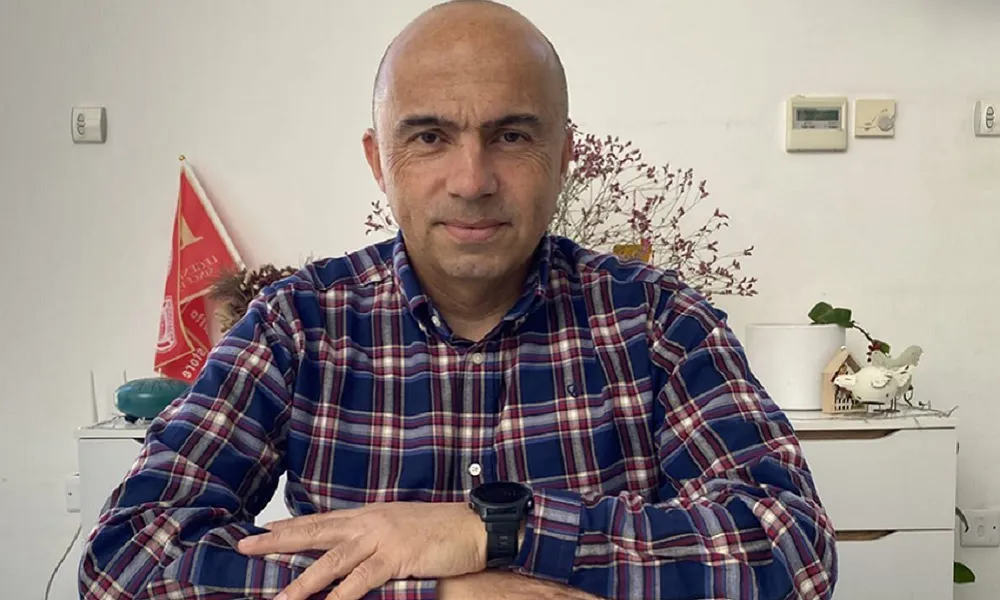“Erhürman needs time to find his footing, form his team, and talk with Ankara.”
The first statements of the newly elected leader of the Turkish Cypriots, Tufan Erhürman (elected October 19, 2025), inevitably sparked reactions, concern, and reflection among Greek Cypriots. Among other things, Erhürman told the official Turkish news agency Anadolu that political equality is a “red line” for him and not negotiable, and that the Turkish Republic is a guarantor of the entire island and will remain so to ensure the safety of Turkish Cypriots.
Speaking to Politis' radio 107.6 Morning Review, political scientist Vasilis Protopapas described Erhürman’s election as a “positive development” for the Cyprus issue and said it sends multiple messages. For example, Erhürman’s victory with over 60% of the vote reflects the desire of many Turkish Cypriots to defend their autonomy and identity, as well as to bring back the bicommunal, bizonal federation as the basis for a solution.
Dr. Protopapas also noted that Erhürman’s election is a “message of resistance” against Turkey’s increasing influence in the occupied areas, where military presence, economic dependence, and settler inflows have caused “great intolerance,” leaving Turkish Cypriots feeling like a minority in their own homeland.
Regarding Erhürman’s relationship with Ankara, Protopapas says: “The relationship with Ankara is a given, but the question is how he manages it without losing his autonomy as the leader of the community”.
On Erhürman’s first statements to Turkish news agency Anadolu, Protopapas recommended calm. “The President of the Republic was right to avoid commenting. Erhürman needs time to find his footing, form his team, and negotiate with Ankara,” he said. He also highlighted the importance of understanding both communities’ security sensitivities. “Just as Turkish Cypriots cite insecurity, Greek Cypriots experience insecurity due to the Turkish occupation,” he added.
Dr. Protopapas believes that negotiations could restart “quickly and effectively” if both sides agree to resume from where talks stopped at Crans-Montana in 2017. “The Guterres framework remains the foundation. If we agree on this, there’s no need to start from scratch,” he said, noting that many issues, such as political equality and the federation’s basic principles, are already considered agreed upon. The challenge now is “methodology,” not content.
Asked about the link between the Cyprus issue and EU-Turkey relations, Protopapas said: “The strategy should not be to block Turkey from gaining anything in EU-Turkey matters. The goal is to achieve progress there while also advancing the Cyprus issue. If no one benefits, everyone loses.” He also stressed the importance of timing, pointing out that UN Secretary-General Antonio Guterres (whose term ends late 2026) is crucial. “If there’s no progress by then, restarting the process will be difficult. There’s no time for plans that stretch to 2028 or 2033.”
Cyprus, he said, is in the “final mile” before a solution, as noted at Crans-Montana, though this is also the most challenging stage. “With goodwill and sincerity from all sides, Greek Cypriots, Turkish Cypriots, Turkey, and Greece, we can cover this last stretch. Willpower will be decisive,” he concluded.
